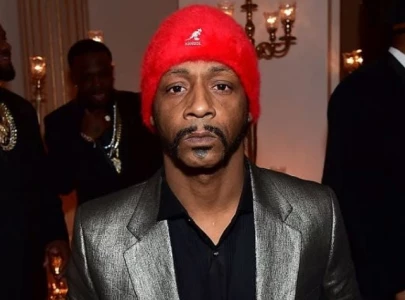
The 20-minute telephonic conversation indicated that the Trump administration may not radically change its Pakistan policy as anticipated earlier.
The official statement released by the Inter-Services Public Relations (ISPR) said the US defence secretary lauded the sacrifices and resilience of the people and armed forces of Pakistan while appreciating the role of Pakistan Army in battling the scourge of terrorism. The army chief congratulated Mattis on assuming his new responsibility and hoped that the latter’s vast experience in the field would be of great value to the region.
US-Pakistan relations: some inconvenient truths
“Both reaffirmed their commitment towards the common goal of peace and stability in the region and discussed measures towards that end. Both also agreed on continued engagement at multiple levels,” the ISPR further said.
This was the first high-level contact between Pakistan and the United States since President Donald Trump assumed office on January 20.
Mattis, who served as head of the US Central Command, frequently travelled to the region, including Pakistan, and is well aware of the security dynamics of this part of the world. In his confirmation hearing before the Senate, he underlined the need to remain engaged with Pakistan. He went on to say that the US would offer incentives to encourage Pakistan to cooperate with Washington on some of the pressing issues, including fighting militancy.
The new US administration appears to be following a careful policy towards Pakistan. In fact, the Foreign Office confirmed that the Trump administration assured Pakistan it would not be included in the list of countries whose nationals were barred from entering the US.
Lessons for Pakistan from the US: Democracy only works if you participate
A senior Pakistani government official told The Express Tribune that during Prime Minister’s Special Assistant on Foreign Affairs Tariq Fatemi’s visit to Washington in December, Trump’s transition team informed him that the incoming administration had no plans to take any drastic step against Pakistan.
But Trump’s transition team told him that Pakistan needed to take certain measures against militant outfits in order to give the new administration a reason to take a positive start. The decision to detain Jamaatud Dawa chief Hafiz Saeed, the suspected mastermind of the November 2008 Mumbai attacks, was said to be taken against the backdrop of Fatemi’s visit to Washington.
Another official, who spoke on condition of anonymity, claimed that initial contacts established with the new US administration suggested that President Trump could prove to be better for Pakistan than his predecessor.
Nicholson wants ‘holistic review’ of Pak-US ties
The top US commander in Afghanistan, however, called for a ‘holistic review’ of ties with Pakistan on Thursday. “Our complex relationship with Pakistan is best assessed through a holistic review,” General John Nicholson told the Senate Armed Services Committee. He added that addressing US concerns about Pakistan was at the top of his list of priorities to address with the Trump administration.
Nicholson also told the panel that he needs several thousand more international troops in order to break a stalemate in the long war with Taliban insurgents, signalling the matter may soon be put before President Donald Trump.
“We have a shortfall of a few thousand,” Nicholson told the Senate committee. He added those forces could both be drawn from US forces as well as from allies. The US general noted that Defence Secretary Mattis would soon speak with allies and could visit Afghanistan in the coming weeks. (WITH ADDITIONAL INPUT BY REUTERS)
Published in The Express Tribune, February 10th, 2017.




1730464033-0/BeFunky-collage-(12)1730464033-0-165x106.webp)
1732449527-0/Express-Tribune-(4)1732449527-0-270x192.webp)
1732441230-0/BeFunk_§_]__-(49)1732441230-0.jpg)


1732436825-0/BeFunk_§_]__-(47)1732436825-0.jpg)







COMMENTS (6)
Comments are moderated and generally will be posted if they are on-topic and not abusive.
For more information, please see our Comments FAQ